"Serbian ICJ plan makes sense"
Professor Tibor Varadi says Serbia’s initiative to ask the ICJ for its opinion on Kosovo’s independence makes sense.
Saturday, 30.08.2008.
15:20

Professor Tibor Varadi says Serbia’s initiative to ask the ICJ for its opinion on Kosovo’s independence makes sense. “Given that recently the issue of independence and recognition and non-recognition in the cases of Kosovo, Ossetia and Abkhazia has become a hot topic, it’s hard for me, as a lawyer, not to support the idea that the highest legal instance in the world should give its opinion,“ said Varadi. "Serbian ICJ plan makes sense" According to the professor of international law and Serbia’s representative in the dispute with Croatia before the International Court of Justice (ICJ), the question is now being asked of whether Serbia’s initiative will gain a majority in the UN General Assembly. “The first big question is whether that question will even be posed, since a majority of the UN General Assembly needs to be in favor of it. It’s very hard to work out, because it is of course a political issue,“ said Varadi. The lawyer surmised that Serbia’s initiative merited urgent procedure before the ICJ. “The General Assembly itself can call for urgent procedure. There would be grounds for that, as there is good reason for this question to be taken from this very sensitive political controversy into calmer political waters,“ he explained. According to Varadi, if the case is urgent, then the ICJ’s consultative ruling could be given within a year of submission of the motion, otherwise the whole procedure would take a minimum of two years. The lawyer said that any Georgian case against Russia at the ICJ would have minimal chances of success. “It’s hard to qualify what’s happened there, on either side, as genocide. I don’t think it would correspond with the facts. Regardless of whether Russia qualifies it as genocide, or Georgia,“ he said. Varadi said that it was unlikely the Georgia-Russia dispute would even reach the ICJ’s agenda.
"Serbian ICJ plan makes sense"
According to the professor of international law and Serbia’s representative in the dispute with Croatia before the International Court of Justice (ICJ), the question is now being asked of whether Serbia’s initiative will gain a majority in the UN General Assembly.“The first big question is whether that question will even be posed, since a majority of the UN General Assembly needs to be in favor of it. It’s very hard to work out, because it is of course a political issue,“ said Varadi.
The lawyer surmised that Serbia’s initiative merited urgent procedure before the ICJ.
“The General Assembly itself can call for urgent procedure. There would be grounds for that, as there is good reason for this question to be taken from this very sensitive political controversy into calmer political waters,“ he explained.
According to Varadi, if the case is urgent, then the ICJ’s consultative ruling could be given within a year of submission of the motion, otherwise the whole procedure would take a minimum of two years.
The lawyer said that any Georgian case against Russia at the ICJ would have minimal chances of success.
“It’s hard to qualify what’s happened there, on either side, as genocide. I don’t think it would correspond with the facts. Regardless of whether Russia qualifies it as genocide, or Georgia,“ he said.
Varadi said that it was unlikely the Georgia-Russia dispute would even reach the ICJ’s agenda.





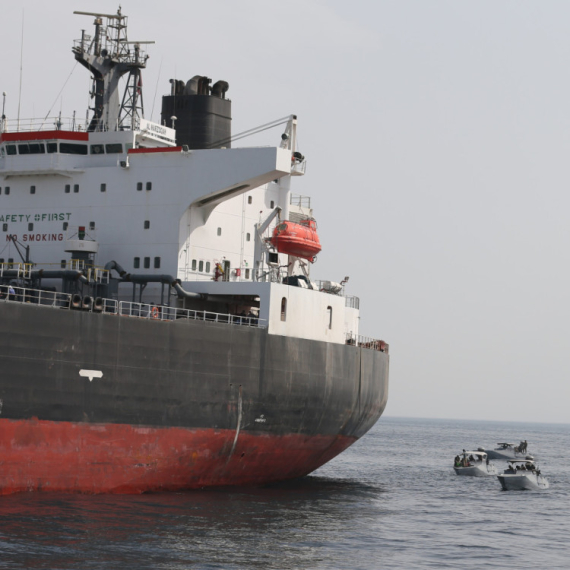




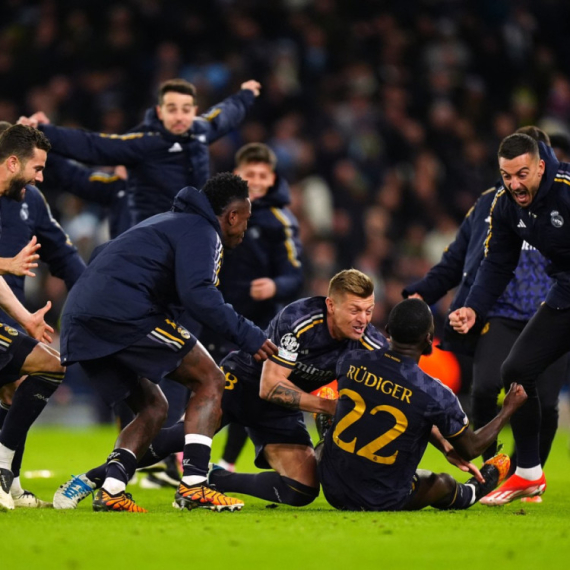


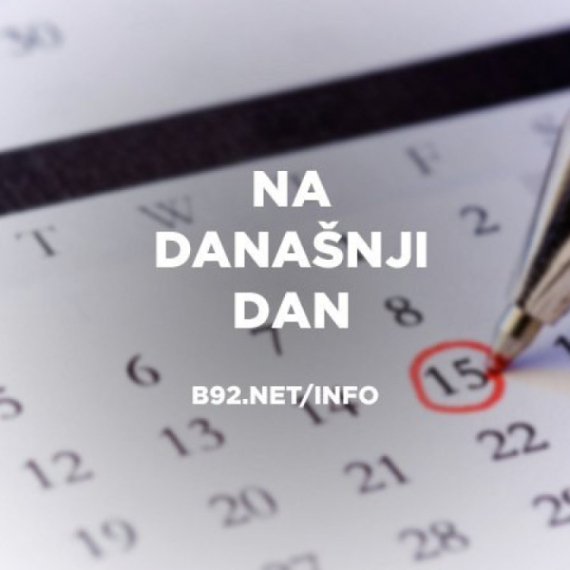

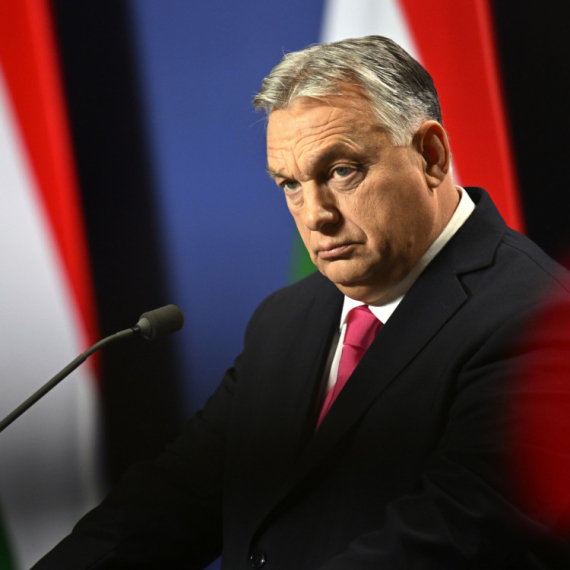
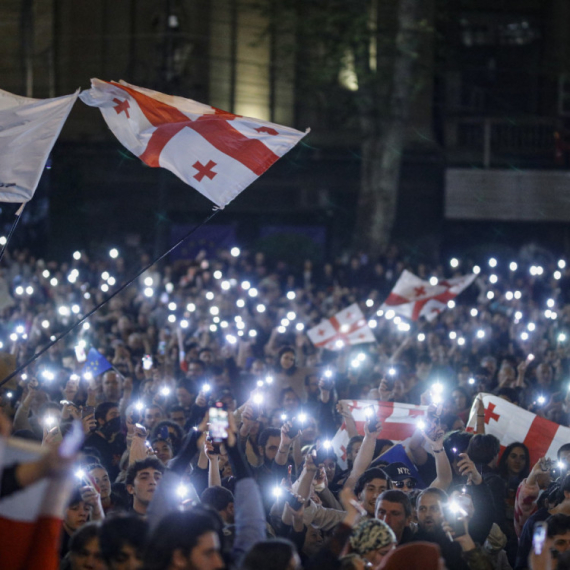

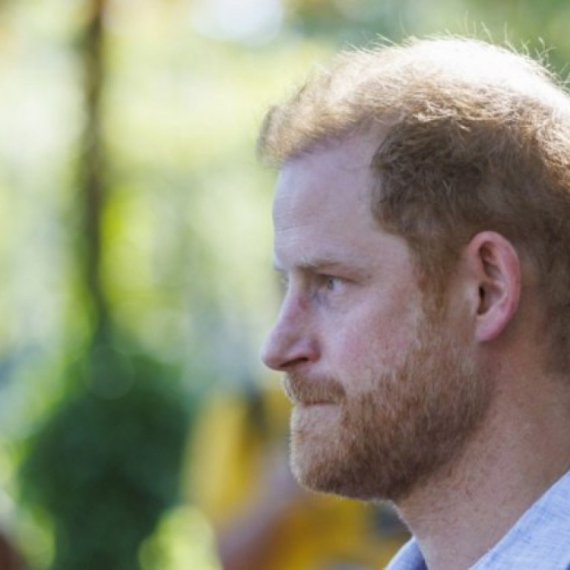






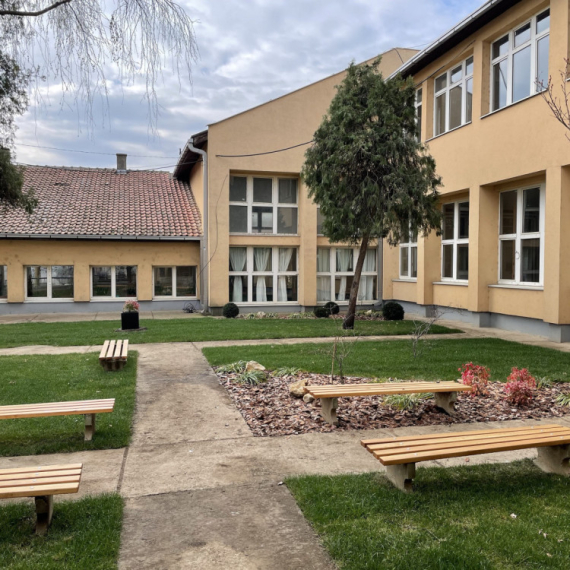





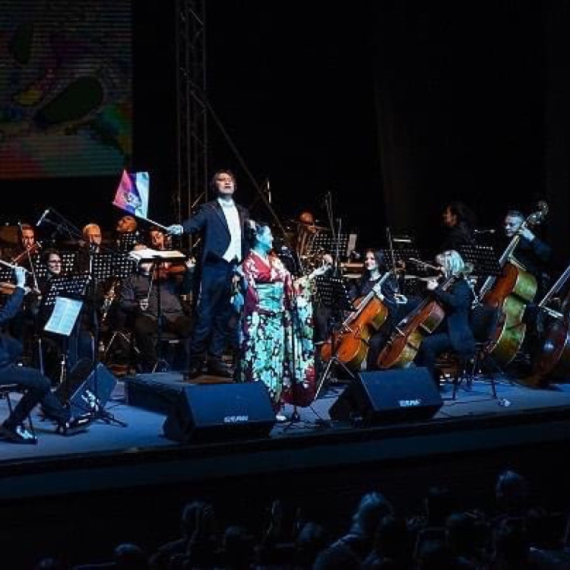







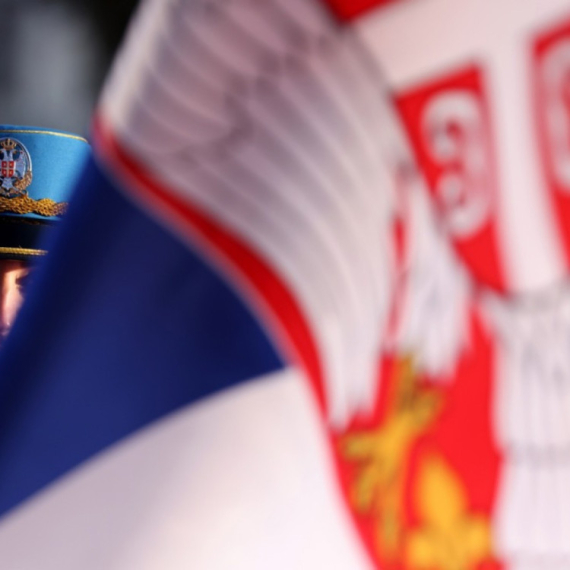

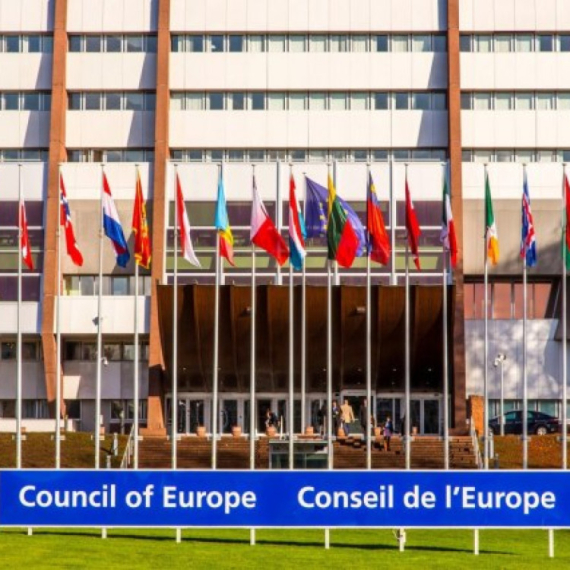










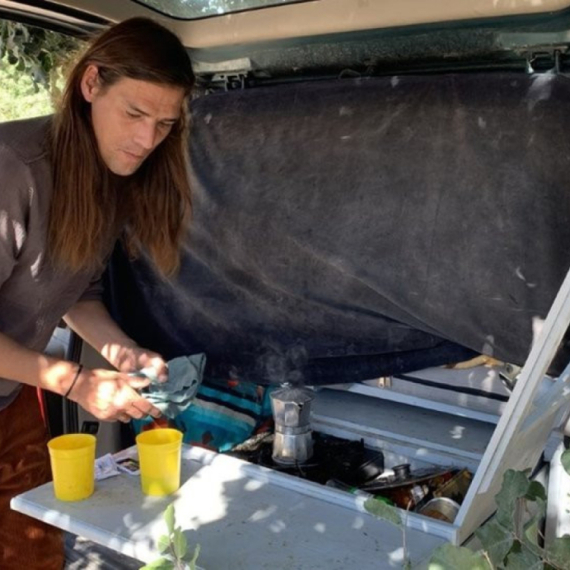
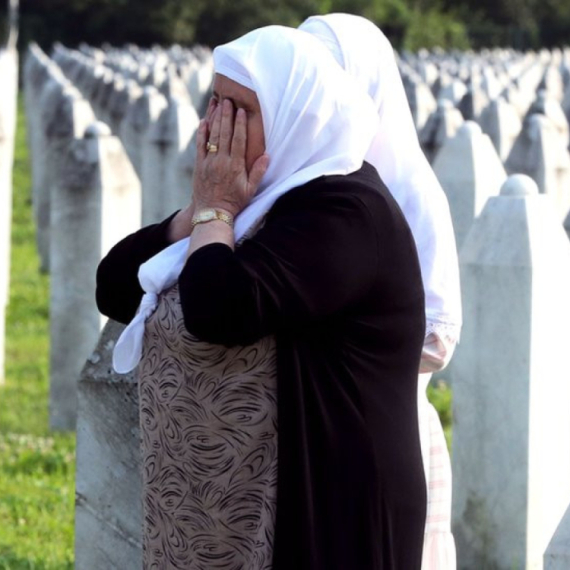
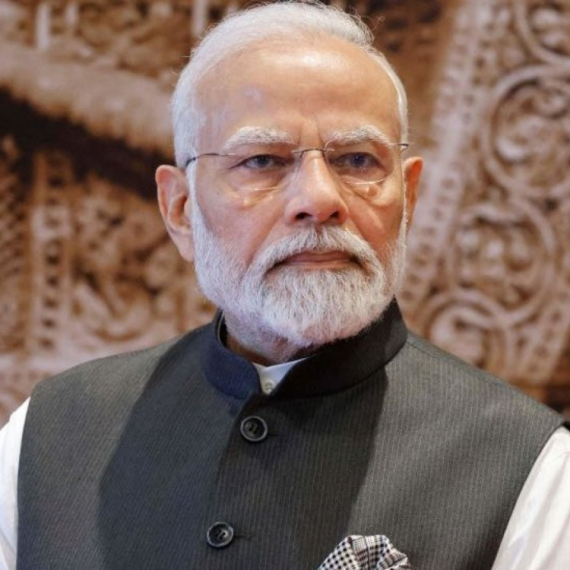
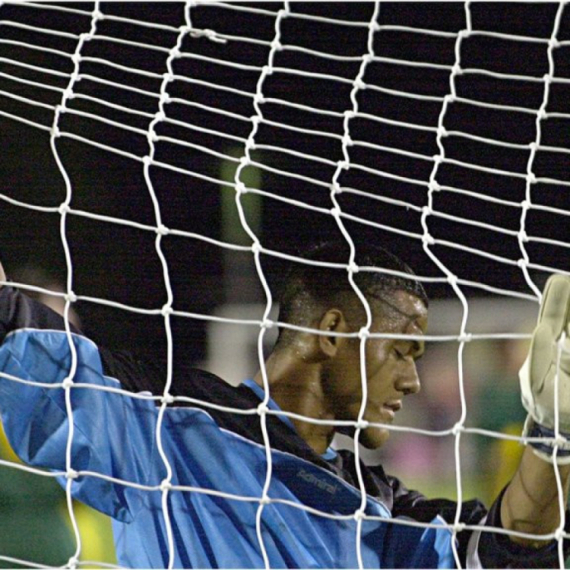
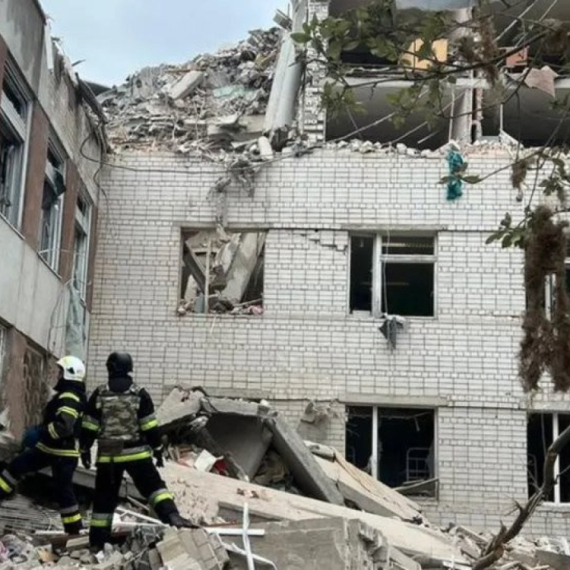

Komentari 2
Pogledaj komentare